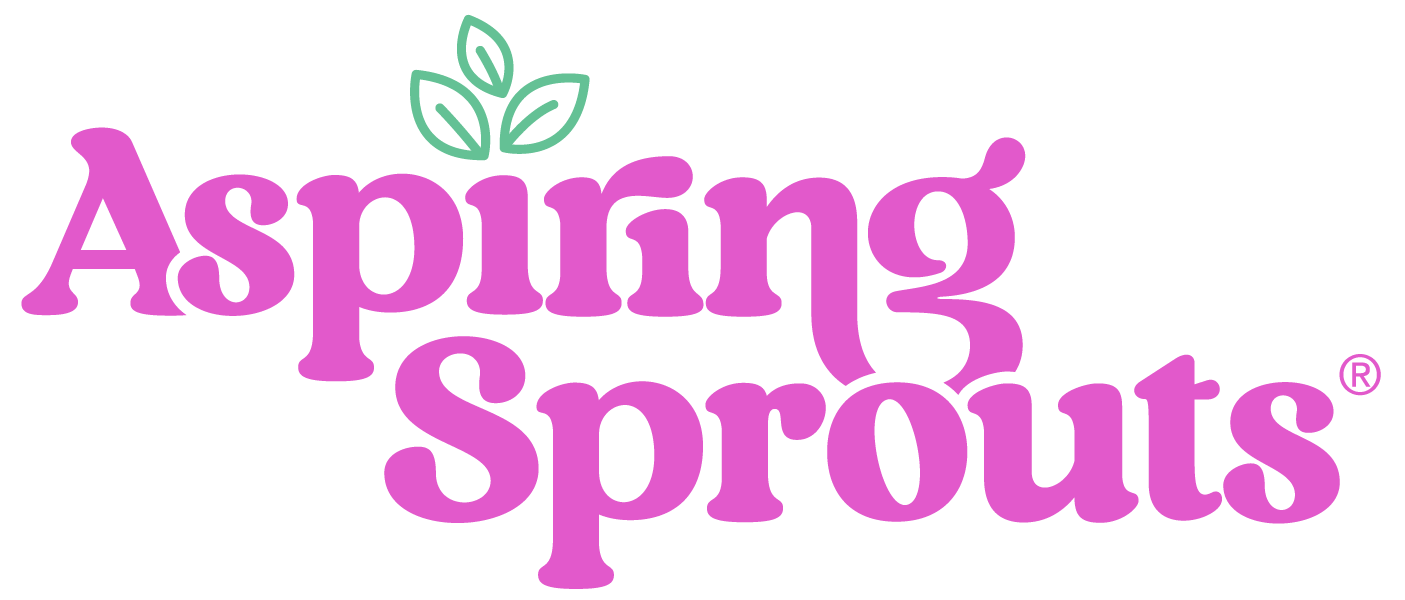Raising healthy kids who have healthy hearts (now and later) is hard! And there are one million things to think about! And unless your child was born with a congenital heart condition, heart disease is probably last on the list of worries… but should it be?
The following information is not to scare, freak out, or guilt anyone into ANYTHING! It is simply to educate those who are looking for ideas on how to raise a healthy family. Because the rest of their lives start right now.
This information is here for you when you’re ready for it.
Why should we care about our littlest hearts and their health?
I’m going to assume at you already know that heart disease is the #1 killer of both men AND women. But did you know this? It costs the United States about $219 BILLION dollars and claims the lives of about 660,000 Americans each year. (1)
There is a lot that goes into keeping hearts healthy. I believe the MOST important thing we can do is help our children honor, protect, and treasure THEIR OWN heart. I believe it is up to us to teach them how to keep their hearts healthy so that they may grow to be a human who has the best possible chance of avoiding this seemingly inevitable disease.
Heart disease is, for the most part, preventable. And prevention of heart disease is a whole lot easier than managing it.
So it seems.
The culture we live in does not make it easy to live a “heart healthy” life – this is due to many factors and a conversation for another day.
So for now, I want to offer some ideas on how to keep our littlest hearts as healthy as possible in a world that feels like it’s against us.
Does salt intake matter for child’s health?
Indeed it does.
For one, we need salt. It’s necessary for some major functions in our body! Sodium plays a major role in our nervous system, helps our muscles to contract and work appropriately, and it helps balance the water throughout our body – just to name a few roles.
The current recommended sodium intake for babies, kids, tweens, and teens are: (2)
- 1000 mg/day for infants 6-12 months
- 1200 mg/day for 1-3 year old
- 1500 mg/day for 4-8 year old
- 1800 mg/day for 9-13 year old
- 2300 mg/day for 14-18 year old
*FYI: 2300 mg is a teaspoon and also the current recommendation for adults as well.
Of course, as with athletes, replete as necessary to accommodate for personal conditions but these recommendations are addressing the average healthy body.
So yes. We need it!
But the problem we are running into is… we are just consuming TOO much of it. And I’ll say it loud and clear – it isn’t from the salt shaker at the dinner table. Unfortunately, excessive salt intake is due to diets high in ultra processed and convenient foods.
The average child’s meal from your typical fast food restaurant contains approximately 1500 mg sodium. Yikes!
And to make matters tricky, many people ONLY have access to those types of foods. OR a child may or MAY NOT eat many other foods!!
What if French fries and Dino bites are the only thing available… or accepted?
PLUS… who has the time and energy to monitor salt intake!??!
Uuuuuugh. How are we supposed to raise healthy minds and healthy lives when the odds seem against us? (All of us but more for some than others).
Some ways to decrease sodium in your child’s diet
If you’re worried and about your child’s sodium intake and none of these feel realistic, tweak them into ways that work for you! And if you’re REALLY worried, I am accepting clients!
- Cook at home as much as possible.
- Eat as many whole foods as possible. Hey, do me a favor, email me and let me know if I should write some content on “whole foods”…and I don’t mean the store.
- Add more fruits and vegetables every day – even if that means adding one apple a day.
- Purchase low sodium options – from crackers, to canned beans, to soups. There are usually low sodium options.
- Use herbs or veggies to foods – I feel like I could write a whole page on this too. Add garlic, onion, celery, carrots, cucumber to recipes. Adding in turmeric, ginger, or other spices/herbs can really add flavor without additional salt.
IF YOU CAN ONLY DO ONE…I’d recommend cooking at home. Get your confidence up in the kitchen and help your kids learn too. Being confident in the kitchen is an invaluable gift you could give your family.
Okay. Is that overwhelming?
Take a deep breath.
I’ll wait…
Now… take another one.
Okay, let’s move forward.
We know that excessive sodium intake has been linked to hypertension, heart attack, and/or stroke. But if your kid is eating a happy meal here and there – they aren’t going to have a heart attack tomorrow.
It doesn’t work like that. It’s the life long “chronic” intake of excessive salt that will lead to the weakening of the cardiovascular system.
So don’t go telling your kids they aren’t ever eating fast food again! It’s fine for now.
But it IS something you might want to start considering soon and if you’re worried, working with a compassionate dietitian can really help uplevel your whole family’s nutrition.
If revamping your diet is not available right now, please don’t lose sleep.
Diet (and salt intake) isn’t EVERYTHING when raising healthy minds and healthy lives
Yes, keeping an eye on how much sodium they eat (and you too, btw) can help but it really isn’t everything.
What else can we do to keep our littlest hearts healthy:
- Limit screen time.
- Help them learn to love (or at least prefer…ok, or just tolerate) PLAIN water
- Enjoy movement as a family: walking, biking, hiking, living room yoga, swimming, playing, whatever! Even the littlest ones need about 60 mins a day – pssst, so do you.
- Get them involved with shopping and cooking.
- Work towards healthy and regular sleep
- Spend time outside (and in nature if possible).
- Practice mindfulness and journaling.
- Encourage connection (with you, friends, family, and themselves).
- Prioritize mental health and positive thoughts and words
- TALK ABOUT HEARTS! And how awesome they are. But in a developmentally appropriate way.
Nutrition education and communication is golden.
Helping your child learn about how amazing their heart is can be really beneficial. Take into consideration your child’s age and cognitive ability but, I believe that even a 2 year old can start to consider their heart as something to take care of.
For the youngest ones, a sentence “mommy is eating this apple to make my heart happy, would you like a bite?” can be powerful.
If they are older, talk about how their heart is a muscle, just like their arm. And its a magical muscle because it helps our bodies go!! All muscles need exercise to be strong.
Once they are ready for more complex thought, you can explain how the heart pumps blood, nutrients, oxygen to our bodies and gets rid of waste – maybe by the time they are 7 or 8 for some kids. So go for it!
What you DON’T want to do when talking about food
Stay away from talking about calories, diets, or even sodium (or other intangible nutrients). These elements will only confuse them and possibly cause them to fear some foods.
Raising children to enjoy healthy foods takes time and practice. And sometimes, it takes a cycle breaker to re-learn what “healthy” means.
But raising kids to have healthy hearts, healthy minds and healthy lives is worth it. It’s a gift you not only give your children, but the future generations to come will reap the benefits too.
Oh, and how could I forget – I believe the best part about raising a child with a healthy heart is… it usually leads to a healthy heart for you too.
And if you’re looking for professional guidance to address your whole family’s nutrition – book in a free consult! Seriously. Let’s chat.
Be well… and be Happy!
Sara
Updated: 2/14/2024



